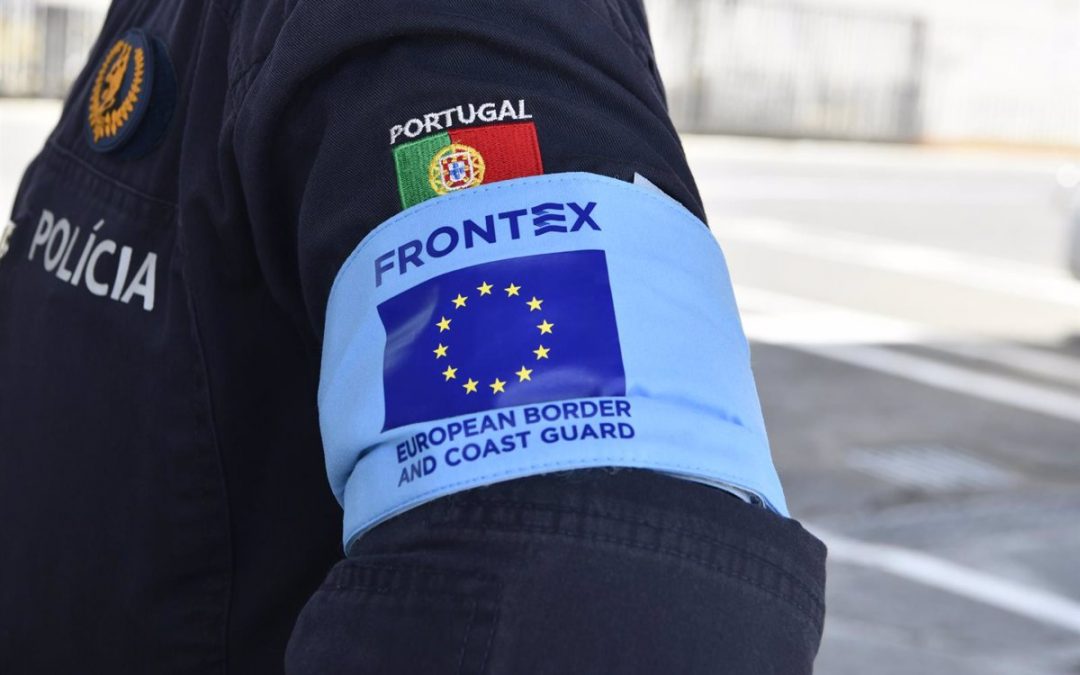The Executive Director of the European border agency, Frontex, Hans Leijtens, assured this Wednesday that the agency is awaiting the request from the Spanish authorities to reinforce aid in response to the migration crisis in the Canary Islands, where he pointed out there is a “structural increase” in arrivals.
In a presentation at the European Parliament, Leijtens explained that there is a “concerning” situation in the Canary Islands with the “structural increase” in the arrival of small boats with migrants trying to illegally reach Spain, although he noted that the assistance that Frontex can provide “totally depends” on the requests made by the Spanish authorities, with whom they are negotiating for the 2025 exercise.
“I hope we get a request for the help that I know is needed. I have talked with migrant reception centers and with the Civil Guard and I am aware of the situation, but everything starts with the request from the Spanish authorities. The absence of this doesn’t allow me to support the authorities,” he argued.
According to Leijtens, from his visits to Madrid and the Canary Islands, he gathers that the focus of the Spanish authorities is to work with countries of origin and transit, such as Senegal, Mauritania, and Gambia, which in this case limits Frontex’s ability to act as it lacks a legal framework governing relations and protocols with these countries. “We will try to find a way to contribute, but it totally depends on the requests made by the Spanish administrations,” he stressed.
The head of Frontex argued that this is how the agency works and that it follows the existing agreements in Europe to intervene in migration issues. Nonetheless, he defended a flexible agency that can respond within days to crisis situations, citing as an example the deployment of agents in Finland three days after Helsinki raised the alarm about the arrival of migrants from Russia.
Leijtens responded to questions from several Spanish parliamentarians, including ex-minister from the PP Juan Ignacio Zoido, who criticized Spain for not using the tools allowed by the EU in a “unsustainable situation” in the Canary Islands.
From the PSOE, Juan Fernando López Aguilar took the opportunity to criticize the obstruction by PP and Vox of the law reform proposal to distribute migrants among the Spanish autonomous communities, as requested by the Canary Islands government.
Meanwhile, Jorge Buxadé, from Vox, pointed to the Italian Prime Minister Giorgia Meloni as an example of migration management while Spain is experiencing a “brutal growth” in arrivals.
On the other hand, the president of the Canary Islands, Fernando Clavijo, sent a letter this Wednesday to the president of the European Parliament, Roberta Metsola, requesting to appear before the MEPs to explain the “critical” situation in the islands and to demand the support of the European Union (EU) in response to the migration emergency.
The letter to the president of the European Parliament reminds that the archipelago currently supports historical records of canoe arrivals, which represents a “huge impact” at all levels in the archipelago, “which already suffers from the particular conditions of the ultraperiphery and where the effects of the massive arrival of migrants represent a major challenge that must be addressed, undoubtedly, with the support and a coordinated strategy among all institutions, at regional, national and European levels.”
Clavijo emphasized to Metsola that, as the southern border of Europe, the Canary Islands is the gateway to European territory for many migrants traveling from the coasts of West Africa, through the ‘Atlantic Route’, “one of the deadliest migration routes in the world, where numerous people lose their lives in their attempt to reach European soil.”
From January 1 to August 31 of this year, the Canary Islands have already received 25,554 migrants, which represents a 123% increase compared to the first eight months of 2023, the year in which 39,910 people arrived in the archipelago by sea, according to a note from the Executive.
This figure was already 154% higher than the one registered in 2022 and broke the historical ceiling reached in the so-called ‘cayucos crisis’ of 2006.
 go to the original language article
go to the original language article
